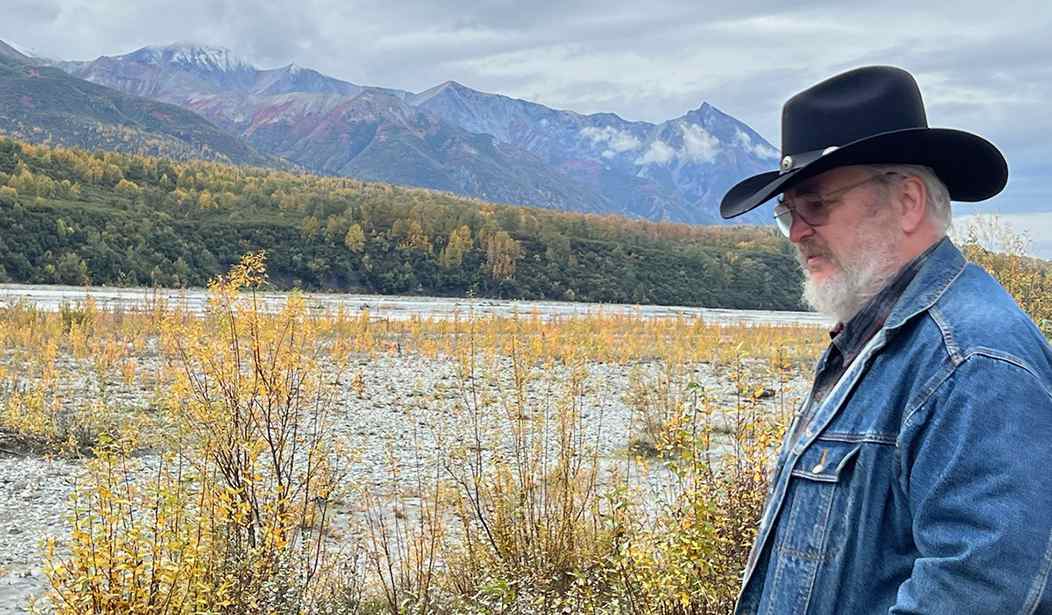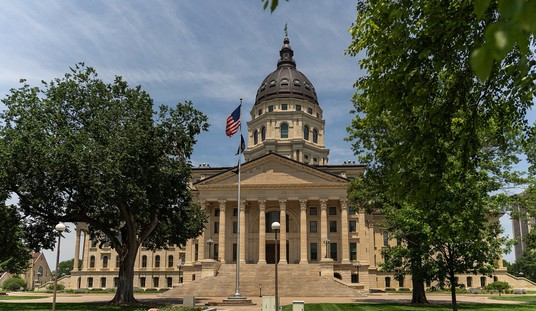Growing older happens to all of us, whether we like it or not. And with growing old comes some disadvantages. While I could present quite a list, my lower back alone would certainly rate up there, especially when there is a cord or two of firewood that needs to be stacked up.
There are also advantages to growing older as well, and some of them may surprise you.
In a society that puts a premium on youth, ageing is widely seen “purely as decline, all downhill from 35-40 years, where you lose intellectual capacity, lose interest, lose sexual allure, lose money, lose status,” says Dr Dana Rosenfeld, a social gerontologist at the University of Westminster. “But that’s an invention.”
Studies have shown some things, just like a fine wine and aged whisky, can improve as the years roll by.
Studies are frequently cited to show all kinds of things, and sometimes they are even accurate, but as I look in the mirror to see my own grizzled visage staring back at me from behind an old man's white beard, I'm anxious to think a couple of these might be correct. In particular:
Problem-solving
The ability to solve mathematical problems does not peak until 50, according to a 2015 study by Dr Joshua Hartshorne and Dr Laura Germine at Boston College. Another, in Frontiers of Psychology, found ageing to have a positive impact on mathematical ability and basic symbolic numerical processing. In 2020, the results of a 125-year study of 24,000 chess games found players made the most optimal moves at about 40.
I suspect this one is as much a matter of experience as anything else; it stands to reason that a person of 40 has a great deal more experience to draw on than a person of 20, which is liable to affect their judgment, say, in playing chess. But solving math problems seems a pretty objective standard. Math is, after all, immutable, no matter what some cranks in the education system may think. Throughout my 30-plus-year career as a quality operations professional, I can testify that my own problem-solving ability was much greater at 60 than at 30, and I commanded an appropriately higher wage because of it.
And here's a good one:
Capacity for Joy
Older generations are much more cheerful than younger ones, according to World Health Organization data from 60 countries showing that our capacity to feel joy and contentment does not peak until the age of 82. The Centre for Ageing Better said mindfulness was also considered to improve through the life course from 40.
I'm pretty cheerful. My wife is, too. But again, this is a factor of time, I suspect; happiness, real, lasting happiness, comes from the achieving of goals, and that's something this study seems to overlook. Twenty years ago, when we were living in Colorado, my wife and I set a goal for ourselves to move to a house on a little bit of land in Alaska, and since we have achieved that goal, we've been delighted with our life in the Great Land. Goals may vary; for some, it may be a new sports car, for others, a house on a lake in the Ozarks; but it is working towards those goals and achieving them, in my estimation, that brings that cheerfulness later in life.
But here's the really... interesting bit:
Sexual and romantic fulfilment
Some women report increased libido after the menopause, according to studies, says Rosenfeld, adding that sexual fulfilment “depends how you define libido”. If, in your 20s and 30s, you had “alley-cat” libido, which has been replaced by long-term relationships, “maybe it doesn’t feel that same libido”. And while there are physical changes with age, “libido doesn’t lower so much as change. It’s satisfying because it’s more likely to be sexual and romantic.”
In the interest of decorum I won't comment too much on this, other than to say one thing: When I was a younger man, I wanted to go to sleep after sex. Now, I have to.
Aging is often at the front of the American zeitgeist nowadays, since we have a President who is aging visibly but not particularly gracefully. Joe Biden's deterioration, political considerations aside, reminds us that all flesh is grass.
Like most of us, I watched my parents age, with all that comes with it. Both of them, unlike President Biden, stayed mentally sharp and acute until the end. My father lived to 94, and while through most of his life, he was in the good, hard shape that you would expect from a guy who spent much of his life farming and otherwise leading a rural lifestyle; it was only in the last couple of years he started to take on the frailty you might expect from the very elderly. My mother lived to 90, and while she suffered a number of physical issues resulting from severe rheumatoid arthritis, she never stopped taking joy in her family. Both of them, if one would have asked them in their last year or two, would have said they were very happy with their lives.
And that's an item that the study cited above didn't cover: Family. Age may bring you a sore lower back and somewhat less stamina, but it also lets you see your children move out into the world and (hopefully) achieve successes of their own. It brings you grandchildren, and I will say that grandparenting is one of the most satisfying things I've ever done with my life. It would be interesting to see another study, one that compares the relative happiness of older people with families as opposed to those who are alone; I'm pretty sure how that study would turn out.
Society today seems to place an emphasis on youth. But age comes with its perks, too.















Join the conversation as a VIP Member